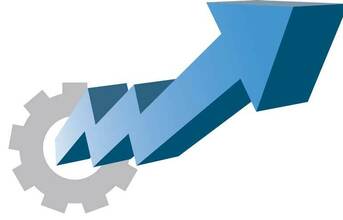
Higher prices paid for metals, chemicals and energy led to a solid rise in input costs in November, thereby marking a 68-month period of cost inflation. Moreover, inflationary pressures intensified during the month, following three consecutive months of easing.
Among the surveyed sub-categories, the sharpest increase in purchase prices was seen in intermediate goods. Rising input costs, along with improving demand, drove output prices higher in November. The rate of charge inflation picked up to the quickest in five months, but remained historically muted.
Commenting on the India Manufacturing PMI™ survey, Pranjul Bhandari, Chief India Economist at HSBC said: "Manufacturing activity accelerated further in November led by higher output and new orders.
"Domestic orders saw the biggest increase, even as new export orders continued to be strong. The sharp rise in input prices was surprising, but future prints may be lower as falling commodity prices eventually lead to softer intermediate good prices.
"Meanwhile, the pick-up in output prices could partly be signalling some revival in pricing power among businesses. Higher output and an uptick in final prices should convince the RBI to stay on hold in the upcoming meeting."
END



























